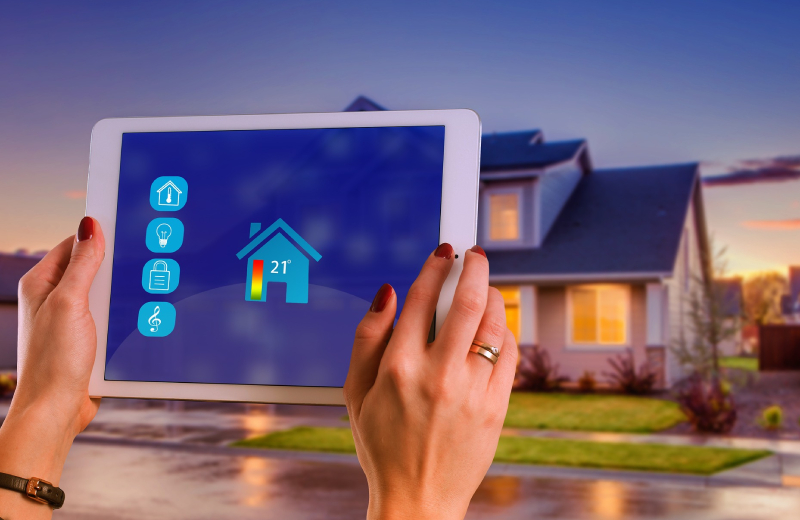
The cost of living in South Africa is skyrocketing, with headline Consumer Price Inflation projected at 5.5% in 2022, according to a recently released forecast by the Bureau for Economic Research (BER).
Rising electricity prices, high domestic food inflation, and elevated fuel prices are expected to be the key sources of inflationary pressure this year. With this in mind, it is vital for South Africans to save money where they can and become more energy efficient to minimise cost implications.
Engineering Executive at CBI-electric: low voltage, Dr. Andrew Dickson says that smart home devices are a great solution to assist cash-strapped consumers in 2022. “Smart home devices were developed to make people’s lives easier by allowing them to automate various processes in the home via an app.”
He adds that these devices can also be used to reduce energy bills and help homeowners become more energy efficient.
“For example, geysers, pool pumps, and heating use a large amount of energy if they are on for long periods of time. With smart devices such as smart plugs, controllers, and isolators, users can monitor and control these appliances as well as schedule them to turn on and off at specific times and on particular days,” Dr. Dickson says.
“Smart devices also allow people to schedule activities such as irrigation systems and when they operate. The irrigation system can be automated to switch on and off at select times. If the App detects a rainy day, the system will not switch on, thanks to its integration with weather services. This not only saves electricity but water too, which can lower the total municipal bill.”
To highlight these savings further, South African users have outlined how they are using smart devices to minimise costs:
Daniel Fritz, a technician at PEC Utility Management in Cape Town says he mostly runs his house off the grid. “I use a smart controller to connect and disconnect from the grid as well as to monitor equipment and switch it on or off when I am away from home. I have also connected my freezer to a smart plug which turns on during the day. In the evening it then switches off and runs off batteries which were charged via solar power.”
He believes that if you can measure something, you can manage it. “When it comes to energy efficiency, my geyser, for example, would use 27% to 30% of my total consumption in the summer. But in the winter, this could go up to 45%. With a smart controller, you can heat water as and when you need it, whether you are at home or not.”
Translating this consumption to cost savings, Fritz explains that when the geyser’s thermostat is not switched off, it could use around 72kWh/day. “This could cost around R179.99 ($11.97) per day and roughly R5399.70 ($359.38) for 30 days. If you are able to monitor, schedule, and control the thermostat you can easily bring this cost down.”
Ignatius Kitching, Director at Khanyile Kitching Electrical agrees that smart devices can save users money per month. “By putting the control in their hands, they have the power to drive their consumption and can actually see which appliances are adding the most to their monthly bill.”
Commenting on these points, Dr. Dickson says that these are just a few ways that smart devices can save homeowners money and improve their energy consumption.
“With the cost of living set to increase throughout the year, now is the time for South Africans to put the power in their hands and save in areas that they can control,” he concludes.
Edited by Luis Monzon
Follow Luis Monzon on Twitter
Follow IT News Africa on Twitter